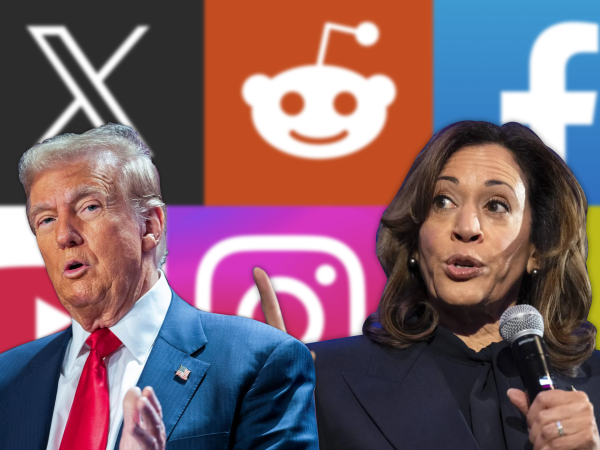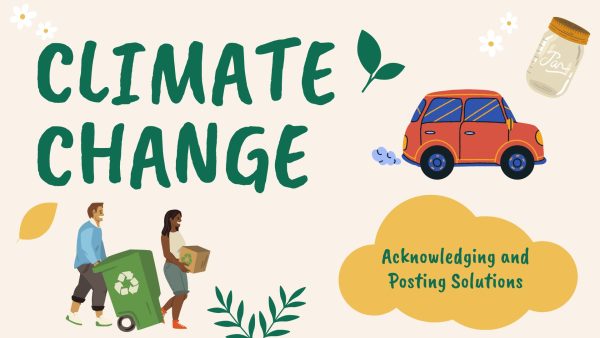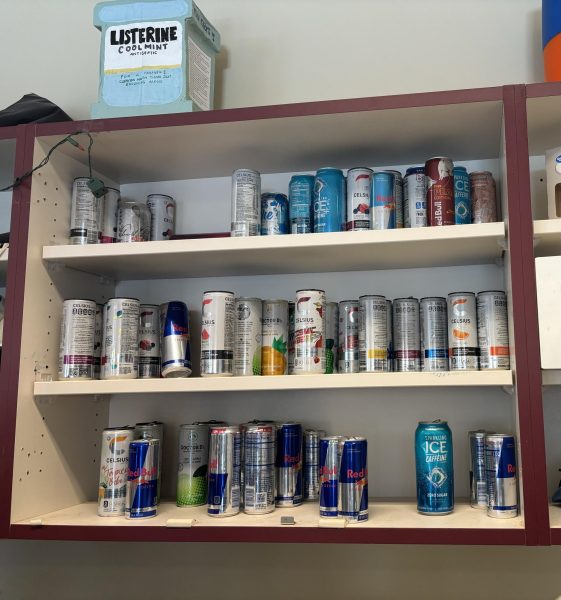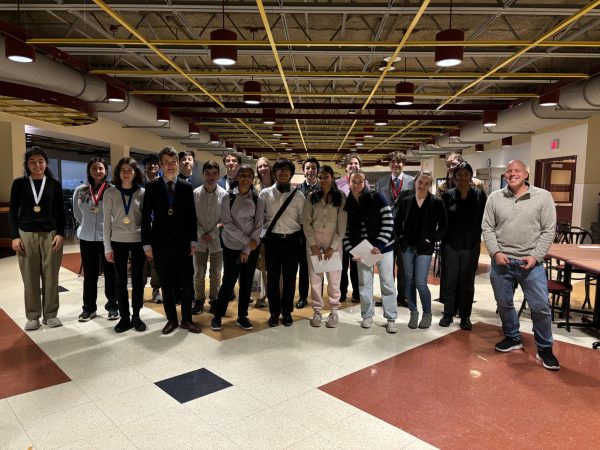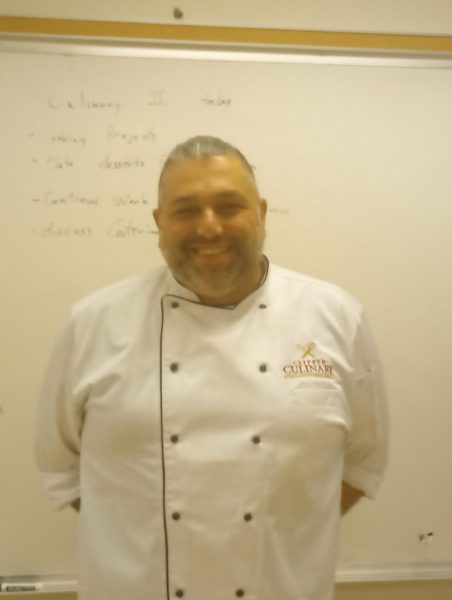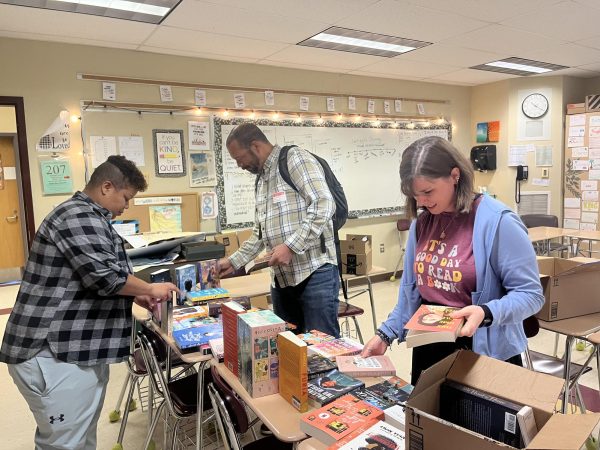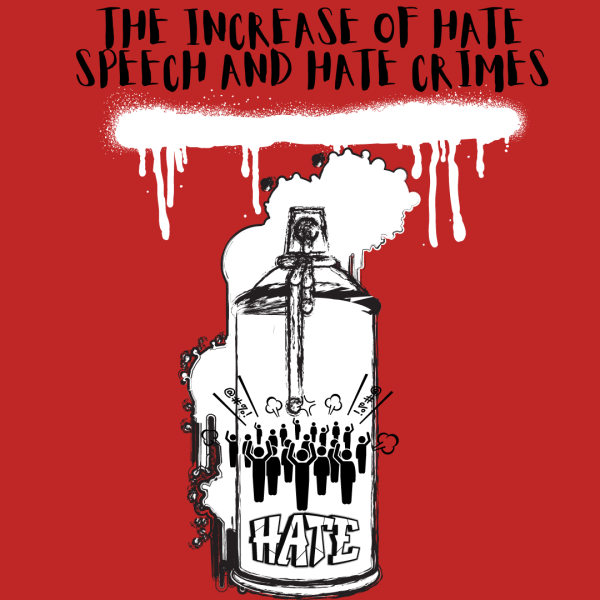Just Over the Horizon
On June 21st, 2014, the most beautiful sunset to ever occur stretched right out over an island in Maine, right in front of me, almost grabbing my hand. The cove was a blaze of red, so deep that the sea and the sky seemed molten and time slowed down to a stop. The rays of sun reached so far that the trees, in the height of bloom, were a bright goldenrod that danced and moved and I understood for a moment how the Celts, over 2,000 years before me, were so certain of the existence of fairies. The small sailboat docked in the cove about a quarter mile away reached its shadow almost to my feet. The sun began to sink at about 5:30 that afternoon. The light stayed in the sky until just after 11. My father sat outside, completely still, the entire time.
To be entirely fair, this behavior is completely normal of my dad. He’ll do anything for a good sunset. Once, he pulled into a stranger’s driveway in Florida because it had the best view of the ocean. In an airport once, I saw him push past a TSA agent so he could get to a window by 5:57 and see the sun fall past the runway. Wherever we go, he has to have a sunset. Every place we travel, he ranks them. So far, Greece comes in third, Mexico second, but none have ever come close to the The Best Sunset to Ever Occur.
That summer felt like a sunset to me. The August before my freshman year, I was just as dramatic, just as loud, and just as unwilling to leave as that sunset. The moment I stepped into Portsmouth High for the first time, night fell. Now, looking back on it, high school was just one long nighttime.
Partly, high school feels like night because for the first few seconds it feels like it’s going to last forever, and then you blink and it’s over. Moreso, high school feels like night because you’re neither here nor there. You’re in this strange limbo: you can’t really see where you’re going, you know it’s going to end, but all sense of time is gone. In this transition place between two days, or two stages of life, neither you, nor anyone else, knows what you are. In one sense you’re an adult: I had a job through most of school, I paid taxes, but in another you’re a child: the taxes deducted from my income went to pay the salaries of representatives I wasn’t allowed to vote for. Turning 18 is supposed to be a turning point, but if anything, that just made it more confusing. Your 18th birthday is like midnight: suddenly, it’s the next day, but you don’t really feel any different. I can now join the army, wield deadly weapons and fight for my country, but I can’t rent a car.
Mostly, though, this period felt night simply because of how dark the last four years have been. So many unprecedented things have happened since 2014, coming out of it feels like a dream. I look around me and I see a generation of confident and prepared individuals with every tool we could need for success, and then I look at what we’re up against. One of the things Generation Z, the youngest living generation, is criticized most for is the consolation prize effect. This is the idea that, as children, we were told too many times that we are all winners, that we’re all special, that we’ll all be successful. This, apparently, creates an emotional, self-obsessed era of children that can’t handle hardship or recognize their own faults. I see people mock teens online for taking too many pictures of themselves, for being trend obsessed, and for having 8 second attention spans. Spend more than 2 minutes on Facebook and you’ll find the latest “kids these days” post, often damning anything with a screen or wildly misinterpreting the latest psychological survey.
But I interpret these stereotypes differently. When I look around me, I see people who can sort through massive quantities of information quickly. I see people who can determine what information is trustworthy, interesting, and worth their time in just 8 seconds. I see people who move rapidly through a world so fast paced as to be incomprehensible to our great-grandparents. I see people who are instantly contacting people across the world or across the hall. I see people who distrust awards because they have learned that not every prize holds value.
More than that, I see a generation that is pivotal. Just last year, Generation Z, of which we are the oldest members, surpassed Millenials as the largest living generation, taking up over a quarter of the US population. Generation Z marks an unprecedented shift.
We are a generation of firsts.
We are the first generation that doesn’t remember a world without the internet.
We are the first generation that only remembers a government in gridlock.
We are the first generation to have a majority of people of color.
We are the first generation to be more like our global peers than the adults from our own country.
It’s said that each generation is defined by a trauma that altered the development of their childhood. For the greatest generation, it was World War II. For the baby boomers, it was the Vietnam War. For Millenials, it was the War on Terror. Our generation was the first to be the direct targets of our defining trauma. Since 1995, the number of school shootings in America has nearly tripled. In the wake of this epidemic, we have come into our power. In response to the Parkland shooting, we saw a protest of nearly 2 million, second in size only to the Women’s Marches and four times the size of the Vietnam War protests. The #NeverAgain movement spread so quickly because it was headed by internet natives. The ferocity with which the Parkland students attacked this issue was the first ray of sunshine peering over the horizon.
Since then, we have become a voice for the issues we believe in. According to a survey conducted by the New York Times, 71% of Generation Z said that they had engaged in political protest. The New York Times also predicted that we will have the largest voter turnout of any other generation, breaking the trend of younger groups voting least.
This graduation is the start of a new day. The sun is rising over a group of young people unlike any other before us. Sunsets are beautiful, but they mark an end. This summer will be the sunrise: not crimson and gold, like coal, but pale yellow and bright, a lit match.



